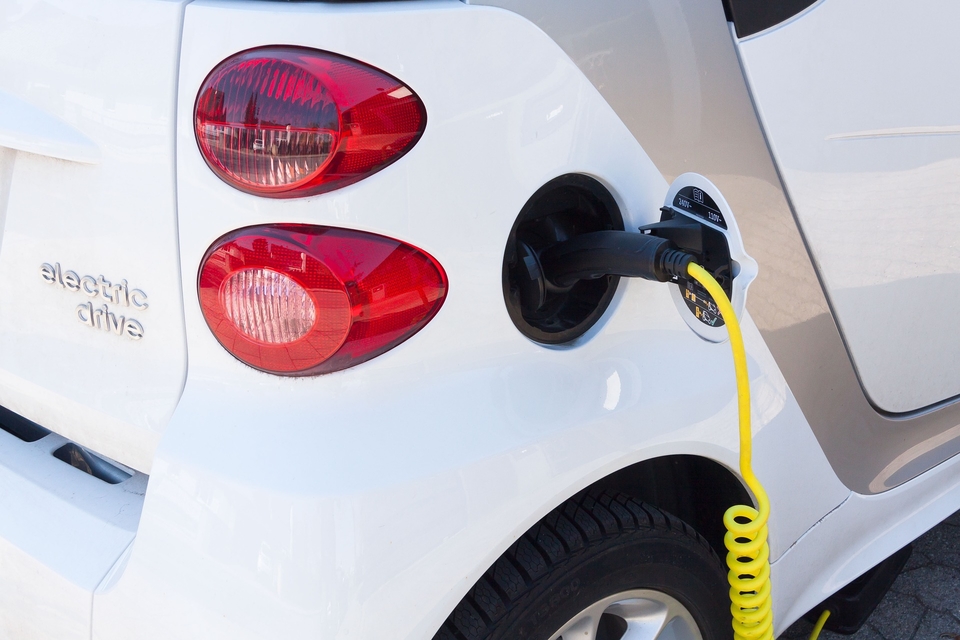As car batteries are continually charged and depleted, overall battery capacities begin to diminish, eventually leading to battery replacement. It remains one of the many issues affecting electric vehicles, however, Japanese carmaker Nissan Motor Company believes they may have found the solution by using silicon.
Nissan has reached a major breakthrough with its new lithium ion battery generation, which will significantly extend the driving range of zero-emission electric vehicles. The breakthrough was the result of combined research and development efforts between Nissan subsidiary Nissan Arc Ltd., Tohoku University, the National Institute for Materials Science (NIMS), the Japan Synchrotron Radiation Research Institute (JASRI) and the Japan Science and Technology Agency (JST).
Nissan is launching research into the use and structure of amorphous silicon monoxide (SiO) as an alternative to traditional carbon-based materials, currently used in lithium batteries. This breakthrough has allowed researchers to better understand electrode structure during charging cycles and prove SiO’s resistance to the deterioration which occurs during repeated charges.
The structure of amorphous SiO is still relatively unknown; merely that it can typically hold much more lithium than standard battery materials. By holding more lithium ions, battery capacity will rise, leading to better performance for electric vehicles.
Last Friday marked the announcement by Nissan that its researchers have developed the new analysis method that has cracked the SiO’s base structure code. The discovery has confirmed that SiO is able to store a greater number of lithium ions than previously believed. Mass production is nevertheless difficult to forecast at present until further information is known.
Senior Vice President of Nissan Motor Co., Ltd. and President of Nissan Arc Ltd, Takeo Asami, said that the next generation of high-capacity lithium ion batteries is entirely dependent on current analyses. “It will certainly become one of our core technologies,” he said in a statement. “The utilization of this analysis method in our future R&D will surely contribute to extending the cruising range of future zero-emission vehicles.”
Daniele Schillaci, Executive Vice President of Nissan Motor Co., Ltd., said the development represents an added proof point of Nissan’s commitment to innovation in advanced technologies. “Nissan is exploring a wide range of energy sources for tomorrow’s vehicles, and we recognize our role in continuously investing in multiple technologies and intelligent mobility.”
